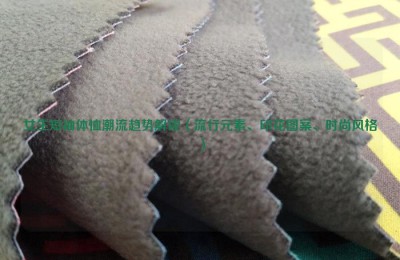In the 2021/22 fiscal year, Pakistan’s exports of textiles and clothing reached US$1.675 billion in February, a month-on-month increase of 7.93%, a year-on-year increase of 35.73%; the export of cotton yarn was 33,200 tons, a month-on-month increase of 71.21%. A year-on-year decrease of 25.25%; the export of cotton cloth was 38 million square meters, a month-on-month increase of 2.63%, and a year-on-year increase of 21.37%.
In the 2021/22 fiscal year (July 2021-February 2022), Pakistan exported $12.609 billion in textiles and clothing, a year-on-year increase of 26.04%; exported 234,500 tons of cotton yarn , a year-on-year decrease of 7.52%. The export value of ready-made garments increased by 25.11% and the export volume increased by 20.54% year-on-year; the export value of knitwear increased by 33.86% and the export volume increased by 4.75%; the export value of bedding products increased by 20.34% and the export volume increased by 17.28% year-on-year; the export value of towels increased by 17.26% and year-on-year, respectively. %, and export volume increased by 5.56%.
Affected by factors such as tense relations between Russia and Ukraine, rising crude oil and liquefied natural gas prices, and slow recovery of the supply chain, the 2021/22 fiscal year (July 2021-2022 February) Pakistan’s trade deficit has expanded by 82% to $31.9 billion. In order to reduce the trade deficit and strengthen textile exports, the Pakistani government approved the Textile and Clothing Policy Amendment Act for 2020-2025. In addition to reducing import tariffs and taxes on raw materials, it will also provide internationally competitive electricity and natural gas prices, local taxes and fees for the textile industry. Tax Refund (DLTL) Scheme. At the same time, the textile and clothing export target for the 2021/22 fiscal year will be upgraded from US$20 billion to US$40 billion for the 2024/25 fiscal year.
AAAGFHTRYKUYIU7OUP






